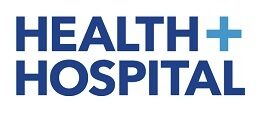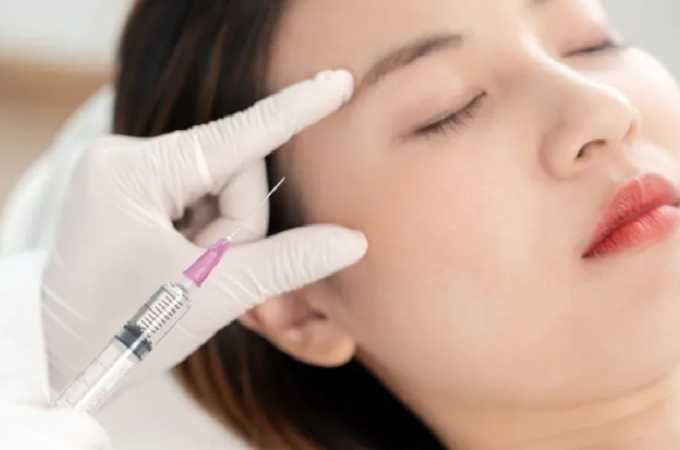
How to Choose the Right Dual Diagnosis Center in LA
Finding the right dual diagnosis center can feel overwhelming, especially in a city as large as Los Angeles. Dual diagnosis treatment los angeles is for people who struggle with both mental health issues and substance abuse. Choosing the right center can make a big difference in recovery, so it’s important to take the time to find the best fit for you or your loved one.
Here are some points to help you make the right decision.
1. Understand Your Needs
Before you start looking for a center, it’s essential to understand what you need. Are you or your loved one dealing with specific mental health conditions, such as depression, anxiety, or bipolar disorder? What type of substance abuse is involved? Knowing these details will help you find a center that specializes in treating both issues effectively.
Make a list of priorities, such as the level of care needed (inpatient or outpatient), location, or specific therapies offered. This will help you shrink down your options.
2. Look for Accreditation and Licensing
A reputable dual diagnosis center should be accredited and licensed. Accreditation ensures that the facility meets specific standards of care. Look for certifications from organizations like the Joint Commission or the Commission on Accreditation of Rehabilitation Facilities (CARF). Licensed centers are monitored to ensure they follow safety and quality guidelines, so this is a critical factor to check.
3. Assess the Treatment Approach
Not all treatment programs are the same. A good dual diagnosis center will offer integrated care, meaning they treat mental health and substance abuse together rather than separately. Ask about the types of therapies offered, such as:
- Cognitive Behavioral Therapy (CBT)
- Dialectical Behavior Therapy (DBT)
- Group therapy
- Individual counseling
- Medication management
Some centers also offer holistic approaches, such as yoga, meditation, and art therapy, which can support overall healing.
4. Check the Staff’s Qualifications
The quality of care often depends on the staff. Look for centers with experienced and qualified professionals, such as licensed therapists, psychiatrists, and addiction specialists. Ask about the staff-to-patient ratio, as smaller ratios often mean more personalized care.
5. Consider Location and Environment
Los Angeles has a wide range of dual diagnosis centers, from urban facilities to more serene settings near the beach or mountains. Consider what kind of environment would be most helpful for recovery. For some, being close to family and support systems is important, while others may benefit from a peaceful, retreat-like setting away from everyday triggers.
6. Review Success Stories and Testimonials
Hearing from others who have gone through treatment can provide valuable insight. Look for reviews, testimonials, or success stories from former patients. This can give you a sense of the center’s effectiveness and the overall experience.
7. Verify Insurance and Costs
Treatment can be expensive, so it’s important to understand the costs upfront. Check whether the center accepts your insurance and what out-of-pocket expenses you might have. Some centers also offer payment plans or financial assistance, so don’t hesitate to ask about options.
8. Visit the Facility
If possible, visit the center before making a decision. This will give you an option to see the facilities, meet the staff, and ask questions. Monitor cleanliness, safety measures, and the overall atmosphere. A welcoming and supportive environment can make a big difference in the recovery process.
9. Ask About Aftercare
Recovery doesn’t end when treatment does. A good dual diagnosis center will offer aftercare programs, such as ongoing therapy, support groups, or alumni programs. These resources can help maintain long-term sobriety and mental health.
Wrapping up
Choosing the right dual diagnosis center in Los Angeles is a crucial step toward recovery. By taking the time to research and evaluate your options, you can find a facility that meets your unique needs. Remember, the goal is to find a place where you or your loved one feels supported and empowered to heal. Recovery is possible, and the right center can make all the difference.





